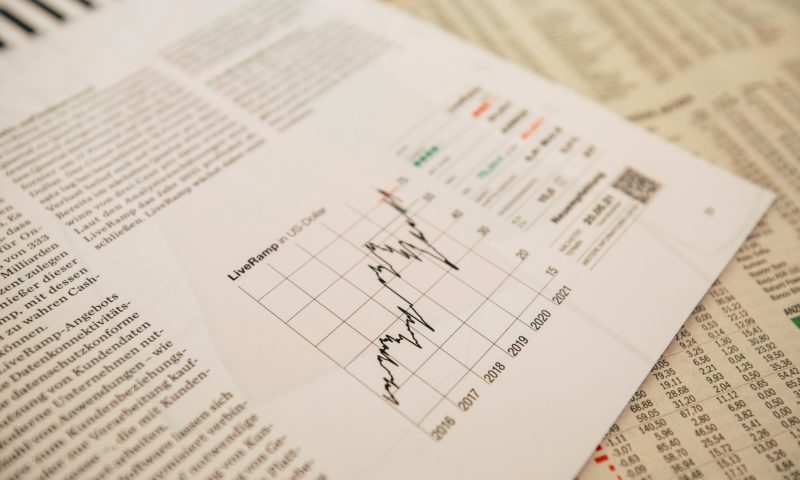
According to the British Chambers of Commerce’s (BCC) latest economic forecast, the UK’s GDP Growth is set to slow more than expected in 2022. Here are some of the key points made in BCC’s latest economic report.
UK Economic Outlook for 2021
BCC has downgraded its expectations for UK GDP growth in 2021 from 7.1% to 6.8%. This is due to the expectation that UK’s economic recovery will come to a halt in Q4 2021. UK GDP growth was 1.3% in Q3 of 2021, yet it is predicted to drop to 0.5% in Q4 in reason to staff shortages, the supply chain crisis and rising inflation. BCC is also anticipating hesitancy among consumers to spend and socialise due to worries over the Omicron variant, which will further slow growth in Q4.
The UK economy is now set to to return to is pre-pandemic level in Q2 of 2022, one quarter later than expected.
UK Economic Outlook for 2022
BCC has predicted that UK GDP growth will slow to more than anticipated to 4.2% in 2022 rather than the original forecast of 5.2%. This downgrade reflects the predicted drop of incomes from high inflation and the running down of household savings built-up during the lockdowns.
Consumer spending is however, still forecast to be the main driver of the UK economy in 2022.
The downgrade from 4.2% to 5.2% is also set to be a result of ongoing staff shortages, supply chain disruption and rising cost pressures. The main industry of concern will be in manufacturing, with output growth expected to decrease by 2.1% in 2022.
Trade
Trade is predicted to negatively impact UK GDP in 2022. UK exports are expected to decline by 2.8% this year and remain 14% lower than their pre-pandemic level by the end of Q4 2023. That being said, UK GDP is set to be 3.4% higher than its pre-pandemic level by the end of this forecast period.
This negative trade outlook can be explained by the ongoing disruption to international trade flows from Covid-19 as well as the continuation of post-Brexit disruption to trade with the EU.
Inflation and Interest Rates
Rising costs of imported raw materials as well as higher energy prices are projected to increase CPI inflation to 5.2% in Q2 2022, the highest rate since September 2011.
However, inflation could drift back towards the Bank of England’s 2% target by mid 2023, if the supply chain crisis eases by the second half of 2022.
“It’s clear that the UK economy is not out of the woods yet. There remains a great deal of uncertainty for businesses as the arrival of the Omicron variant adds to the difficulties they face alongside rising costs, supply chain disruption and labour shortages.”
– Hannah Essex, Co-Executive Director the British Chambers of Commerce
Read the full report here.





